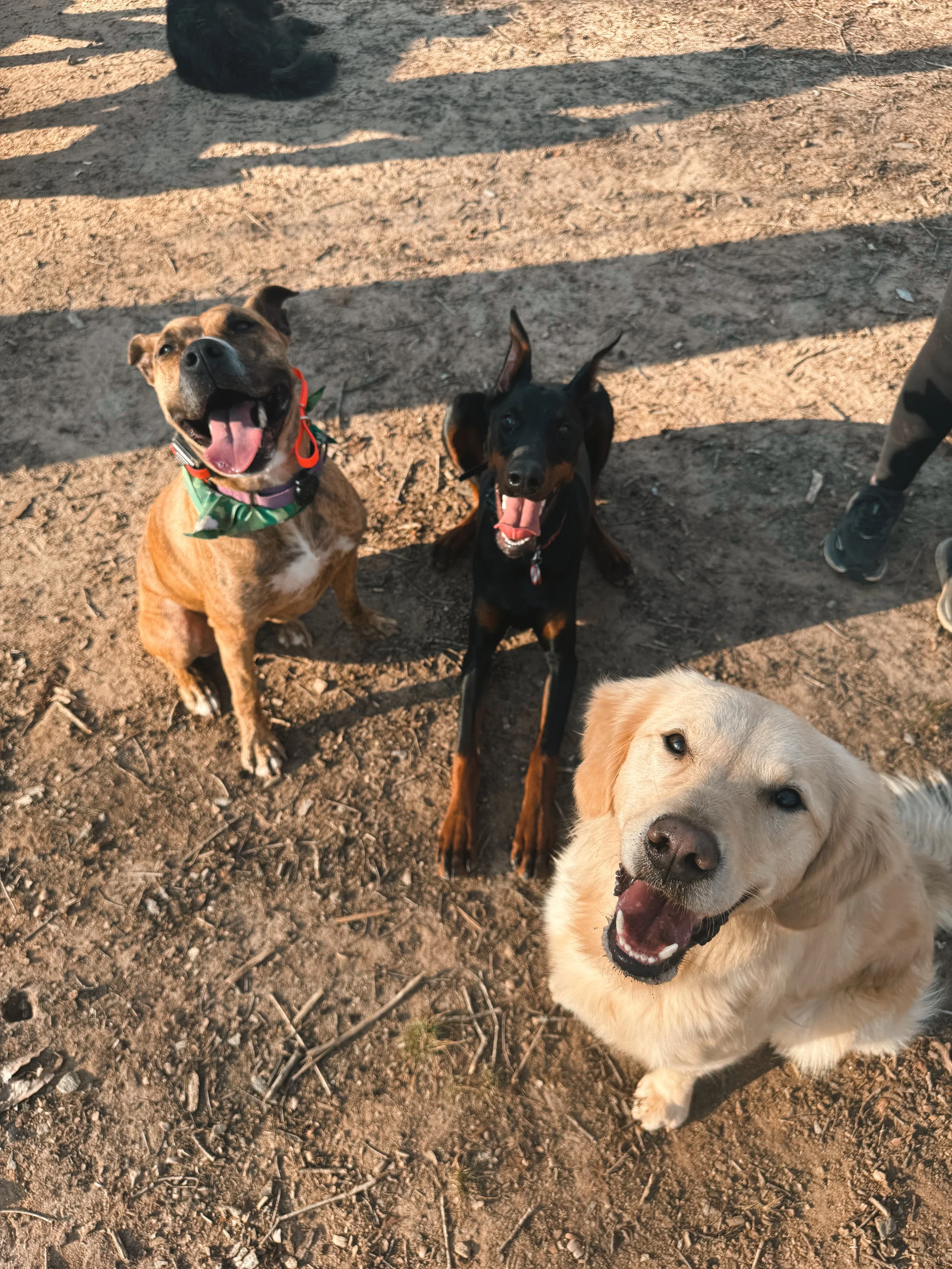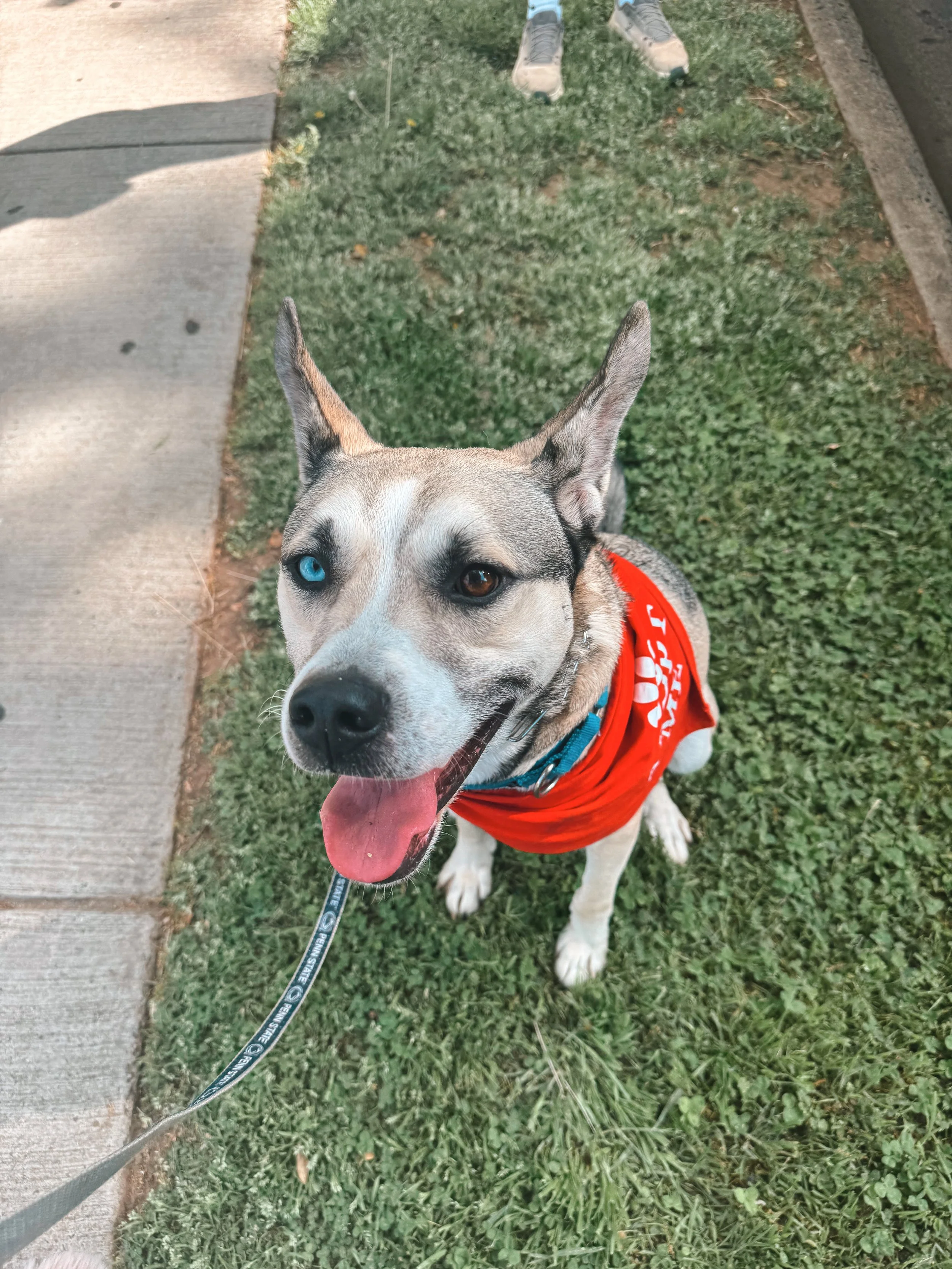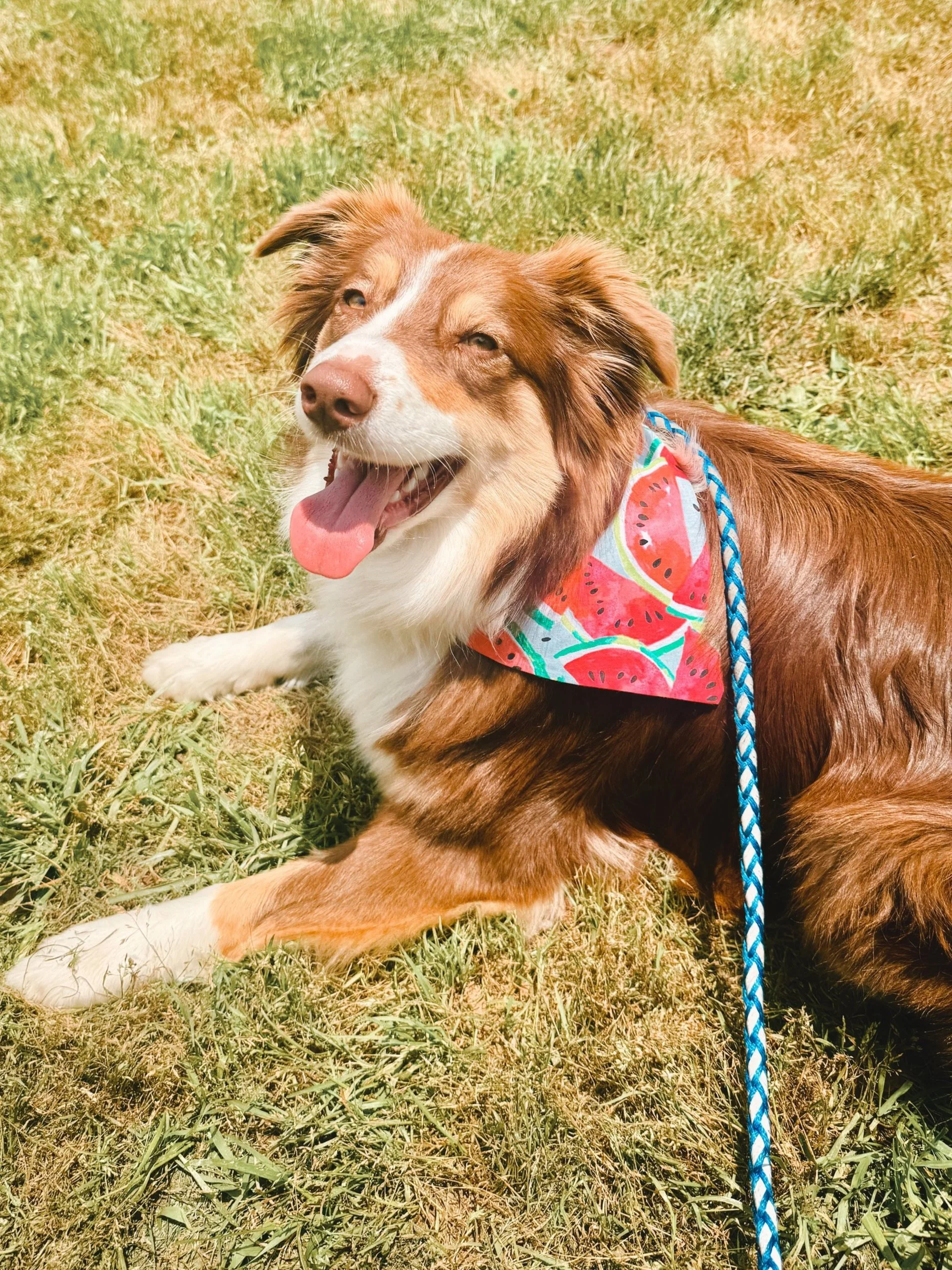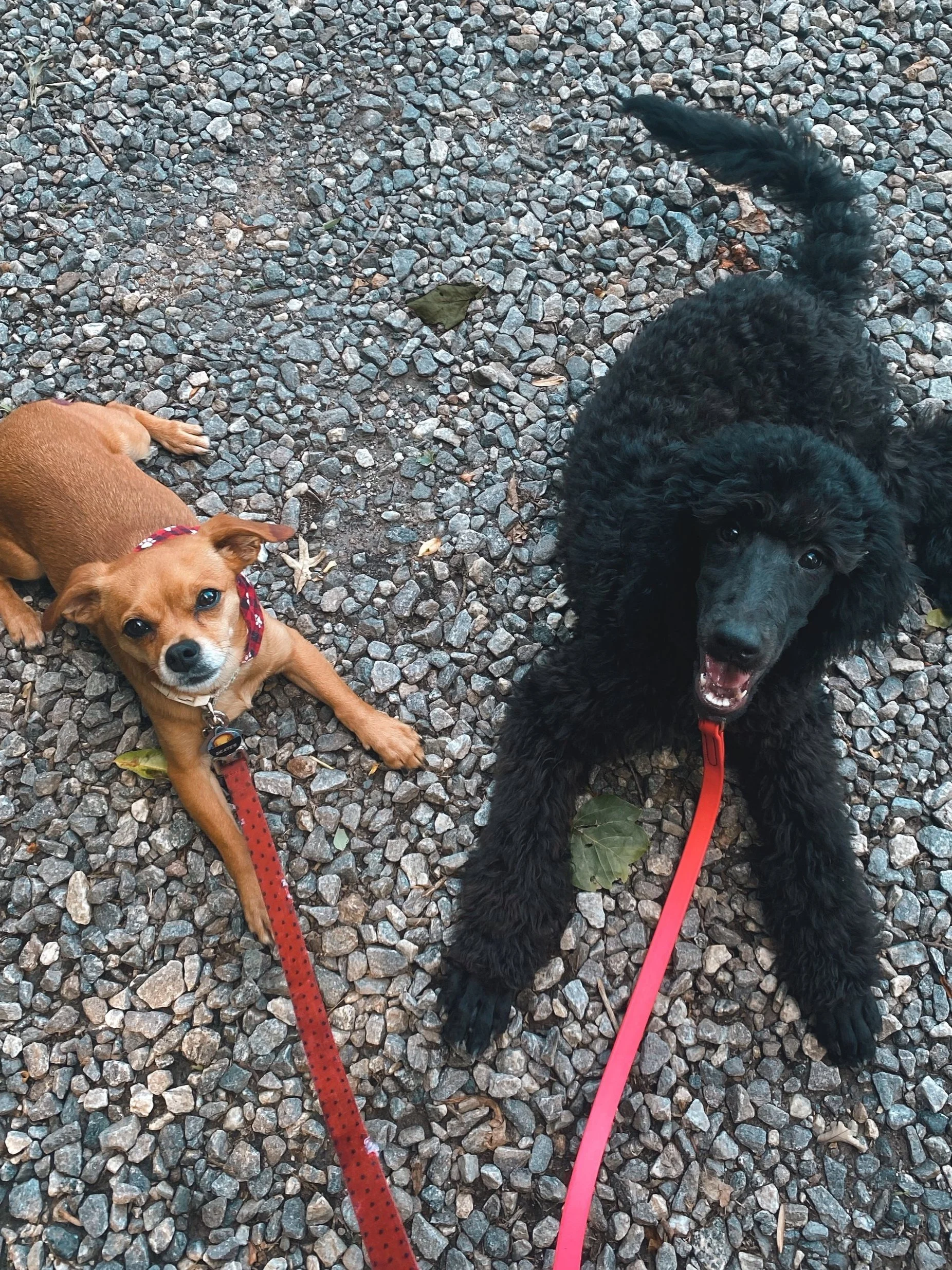Why Choosing the Right Dog for Your Lifestyle Matters
Bringing a dog into your home is a big decision filled with excitement, cuddles, and a new best friend. But before you fall in love with a fluffy puppy or strikingly blue-eyed Husky rescue, it's critical to ask: Is this dog the right fit for my life?
Unfortunately, not all dogs are created equal when it comes to energy levels, trainability, grooming, or compatibility with kids and other pets. Choosing a dog based on looks without understanding what the breed truly needs can lead to serious consequences for the dog.
Let’s talk about why matching a dog to your lifestyle is so important, and how making the right choice benefits everyone; especially the dog.
Why It Matters
A dog isn't just a cute and fluffy best friend - they're a living being with specific needs. When those needs don’t match your lifestyle, problems start to rise. A bored, under-stimulated, or misunderstood dog can develop behavioral issues like destruction, barking, reactivity, or aggression.
When people pick a breed based solely on appearance or popularity without doing proper research, they often find themselves overwhelmed and unprepared. Unfortunately, that’s why so many dogs end up in shelters—especially high-energy, working breeds like Huskies and German Shepherds.
These dogs may be beautiful, but they were bred for demanding tasks and require a ton of exercise, training, and mental stimulation. When families adopt them without understanding that commitment, it sets the dog up for failure.
Examples of Matching Breeds to Lifestyles
Here’s a breakdown of popular breeds and what types of homes they typically thrive in:
Husky
Needs: High exercise, mental stimulation, experienced owner
Great For: Active individuals, runners, hikers, those with fenced yards
Not Ideal For: Apartment dwellers, first-time dog owners, couch potatoes
Note: Huskies are escape artists, vocal, and independent. They’re stunning—but not easy.
German Shepherd
Needs: Daily training, purpose-driven activity, leadership
Great For: Structured homes, active families, experienced owners
Not Ideal For: People with little time or low patience for training
Note: Highly intelligent and loyal, but without structure, they can become reactive or destructive.
Golden Retriever / Labrador Retriever
Needs: Daily exercise, affection, moderate training
Great For: Families with kids, first-time dog owners
Not Ideal For: Inactive homes (these breeds still need activity!)
Note: Friendly and eager to please!
Border Collie / Australian Shepherd
Needs: Jobs, training, movement, mental stimulation
Great For: Dog sport lovers, highly active homes, farms
Not Ideal For: Busy people, homes without space or structure, homes with young children
Note: These are working dogs. Without work, they’ll create their own—and it usually involves your furniture.
English Bulldog / Pug
Needs: Moderate play, affection, short walks
Great For: Apartment dwellers, seniors, laid-back homes
Not Ideal For: High-energy households, long outdoor adventures
Note: These breeds are more relaxed, but come with potential health issues that require awareness and budget.
Beagle
Needs: Sniff time, moderate exercise, secure fencing
Great For: Families, scent game lovers, hunting families
Not Ideal For: Homes wanting a quiet dog—beagles are vocal!
Note: Sweet and social, but very nose-driven and sometimes stubborn.
What Happens When the Fit Is Wrong?
When a dog’s needs aren’t met, they can quickly become more than a “cute new pet.” People may describe them as “out of control” or “untrainable”, but the reality is the dog just wasn’t right for their home as the family did not do the proper research prior.
This mismatch is frequently why dogs are surrendered in shelters. Many of these dogs are there not because they’re bad, but because someone didn’t take the time to understand what they were truly signing up for.
Plus, when you give up a dog due to lack of research or preparation, you’re not just giving up a pet—you’re adding to the overpopulation crisis, stressing the rescue system, and potentially damaging that dog’s chances of being rehomed again.
Do Your Homework—Be Part of the Solution
Being a responsible dog owner starts before adoption. Take the time to:
Research the breed’s typical traits and energy level
Talk to breed-specific rescues or trainers
Consider your schedule, activity level, and home environment
Be honest about how much time and effort you can commit
If you want a mellow companion but fall for the blue-eyed stare of a Husky, think again. There’s nothing wrong with loving how a dog looks—but that should never be your only reason for choosing them.
Picking a dog that matches your lifestyle isn't about finding the “perfect dog”—it’s about finding the right dog for you.When you do, everyone wins. You’ll have a happy, well-adjusted dog who thrives in your home, and you’ll feel confident and capable as their owner.
Don't be part of the problem. Be the person who chooses with intention, not impulse. Because when we make educated, thoughtful choices, we don’t just change a dog’s life—we change our own.





